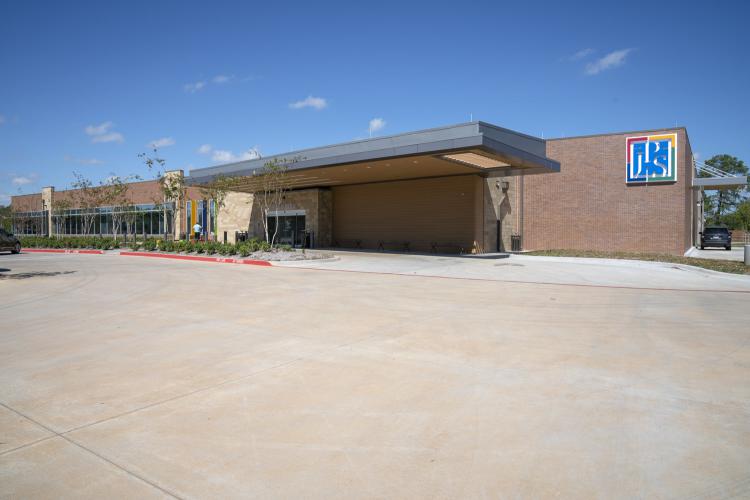
In the first year following the move to put behavioral health specialists on the job at JPS Health Network clinics, 386 high risk patients were identified and helped with much-needed treatment when they otherwise might not have been.
Zelia Baugh, Executive Vice President and Behavioral Health Administrator, said identifying behavior health issues as soon as possible and starting treatment is key to helping patients most successfully – and most efficiently.
“They’re called behavioral health embedded specialists and we have them in six primary care clinics,” Baugh explained. “But then we also have a virtual component as well so that, even though we’re not physically in a primary care clinic, we can reach out virtually.”
Often, Baugh said, patients come to a JPS clinic for care they don’t realize has anything to do with behavioral health issues. That’s why all patients, regardless of the reason for their visit, undergo a behavioral health screening.
“All of our primary care offices do screenings and suicide risk assessments in all of the clinics,” Baugh said. “If someone scores a moderate or a high risk, we immediately intervene from a behavioral health perspective. It’s smart, with regards to what JPS is doing to try to treat the whole patient, because individuals who have persistent chronic mental illness typically have a life expectancy less than a person who does not have a serious mental illness.
“Being able to treat that individual’s medical as well as their behavioral health issues is a huge part of population health management,” Baugh continued. “It’s something that JPS is on the forefront of developing and creating for individuals who are on the lower end of the socioeconomic platform so we can engage that individual and treat the whole person.”
Working together as a team is better for the patients and it’s also a better use of JPS resources, Baugh said.
We're here to serve and we want to be as proactive as possible.
“If we’re able to manage their medical and behavioral healthcare outside of the hospital in the clinics, you’re avoiding and emergency room visit which is going to be much more costly,” Baugh said. “You’re potentially avoiding an inpatient hospitalization stay which is much more costly. By avoiding these high-dollar interventions and identifying issues earlier, we’re able to treat patients in their local community in the behavior health clinics and in the community clinics which reduces expenses. This is being good stewards of the resources we have.”
Teneisha Kennard, Director of Behavioral Health Ambulatory Services said embedding specialists in clinics is a great tool JPS can use to spread care to across Tarrant County.
“In many cases, one person can get all the treatment they need for their health concerns at one location,” Kennard said. “If we identify a patient has more extensive needs, we can get them to the entry point for their care more quickly.”
One of the reasons patients don’t get behavioral health care is because of the stigma sometimes associated with being diagnosed with that sort of an issue. But Kennard said, by screening everyone, the stigma is taken out of a visit to a JPS clinic. It’s not up to the patient to raise their hand and say they think they’re having a behavioral health problem in order for them to find help.
“We’re here to serve and we want to be as proactive as possible,” Kennard said. “Stigma is always an issue when it comes to behavioral health. But we’re here to treat the whole person. By looking at the whole person and making behavioral health a part of their routine care, it’s something people can feel more comfortable about.”
The next goal is to make JPS Behavioral Health services even more accessible in the future, according to Baugh.
“We’re expanding our virtual behavioral health specialists now,” Baugh said. “We’ve got the virtual specialists set up in all the primary clinics. We also have it set up where we’re going live with all the women’s clinics, and we have been meeting with Ortho and Cardiac and also Neuro and Maxillo-Facial as well as Oncology.”
The expansion is expected to be complete by the end of this year.
